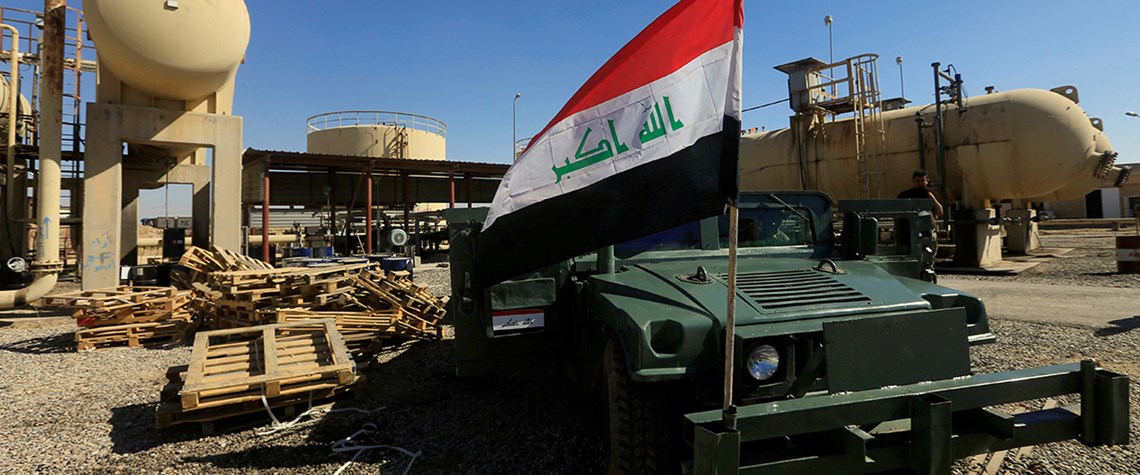Iraq close to a deal?
The outlook for the energy sector is bright, but the post-elections political prospects remain cloudy
Two narratives dominate speculation in the aftermath of the parliamentary elections in May, and one should be cautious in giving them credibility, because there'll be much political 'horse trading' in the coming months. The first narrative claims that the Sadrist populist movement, with strong support among Iraq's poorest Shia communities, won the election. This is misleading. The Sadrists, led by the unpredictable cleric, Moqtada al-Sadr, performed better than expected. His Sairoon bloc won 54 out of 329 seats, but its political clout is limited. For example, despite boycotting a parliamentary vote on an election recount, deputies voted it through. How much influence the Sadrists will have

Also in this section
27 February 2026
The assumption that oil markets will re-route and work around sanctions is being tested, and it is the physical infrastructure that is acting as the constraint
27 February 2026
The 25th WPC Energy Congress to take place in tandem as part of a coordinated week of high-level ministerial, institutional and industry engagements
26 February 2026
OPEC, upstream investors and refiners all face strategic shifts now the Asian behemoth is no longer the main engine of global oil demand growth
25 February 2026
Tech giants rather than oil majors could soon upend hydrocarbon markets, starting with North America







